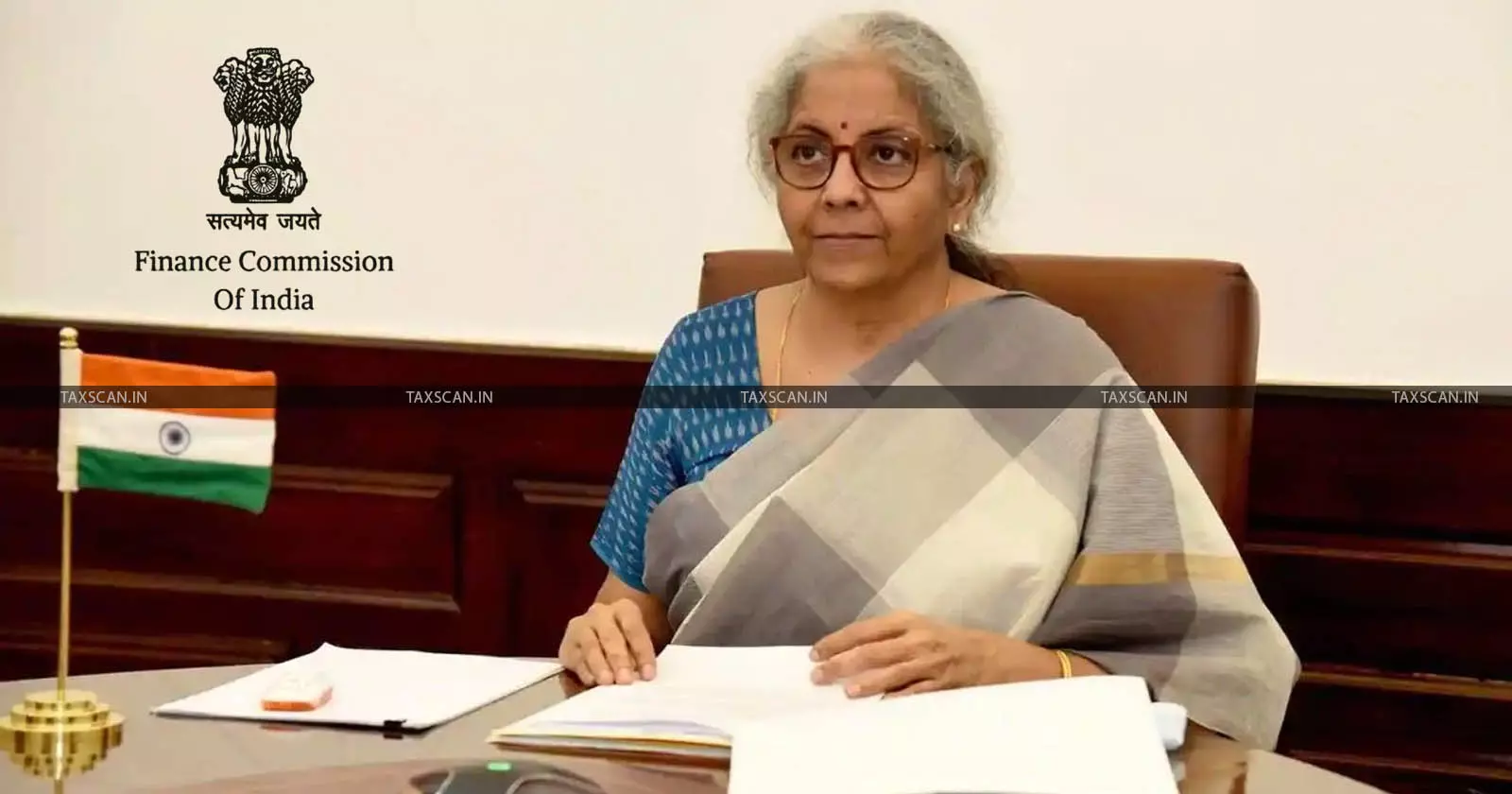Summary of Post-56th GST Council Meeting Press Meet: Here’s What FM Nirmala Sitharaman Said
The 56th GST Council meeting concluded with major structural and rate reforms. Know what

Finance Minister Nirmala Sitharaman, after the 56th Goods and Services Tax Council Meeting announced that GST slabs are reduced to two, with a focus on ease of living, correcting inverted duty structures, and supporting common citizens, farmers, labor-intensive industries, and healthcare.
Rate Cuts –
Daily use items like soaps, shampoos, toothpaste, bicycles, kitchenware: reduced to 5%.
Essential food items like paneer, breads, milk: exempt (0%).
Processed food like noodles, chocolates, coffee, butter, ghee: 5%.
Middle-class goods like TVs (all sizes), ACs, small cars, motorcycles ≤350cc, washing machines: 18%.
Cement: 18% (down from 28%).
Agriculture machinery, bio-pesticides, menthol: 5%.
Renewable energy equipment: 5%.
Life-saving drugs: exempt; many other medicines, diagnostic kits, spectacles: 5%.
Luxury and sin goods (tobacco, pan masala, gutka, aeroplanes, yachts, high-end cars >350cc): taxed at 40%. GST on pan masala and tobacco will shift to Retail Sale Price (RSP) basis.
Inverted duty structures corrected for textiles (man-made fiber and yarn) and fertilizers (sulfuric acid, nitric acid, ammonia).
Insurance services: GST exempted on all individual life and health insurance policies to make them affordable.
Process reforms: simplified registration for small businesses, quicker refunds for zero-rated and inverted duty cases, measures to curb fraud while easing compliance.
Implementation: All changes effective from 22 September 2025 (Navratri), except tobacco and related products, which remain at 28% plus compensation cess until loans are repaid, after which they move to 40%.
Revenue impact: Estimated implication of ₹48,000 crore (based on 2023-24 consumption), but government expects buoyancy, higher compliance, and consumer spending to offset losses, making it fiscally sustainable.
Council decisions were unanimous with all state finance ministers present. Industry is expected to pass on benefits to consumers, with administrative monitoring in place.
Support our journalism by subscribing to Taxscan premium. Follow us on Telegram for quick updates


